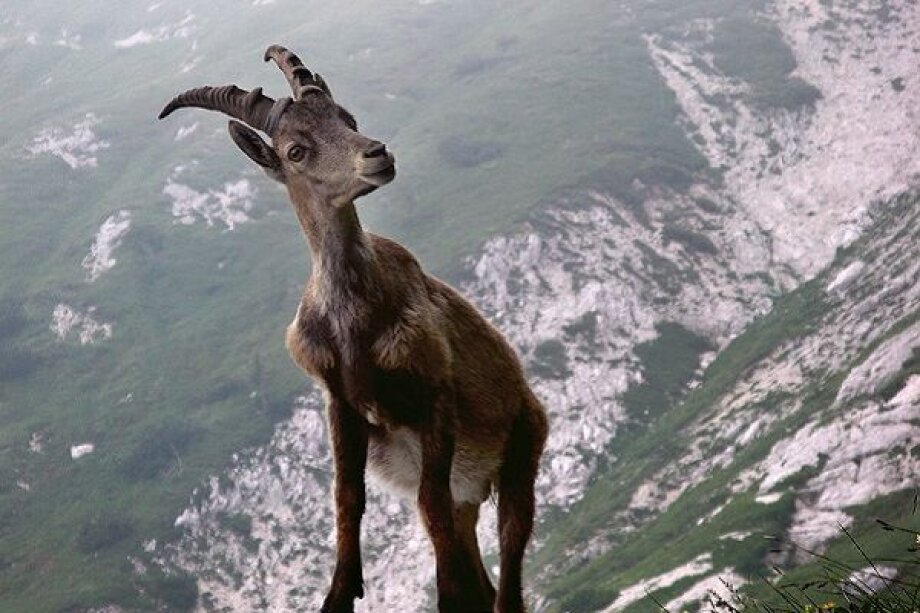European nature deteriorating: report

Europe is experiencing a "drastic decline in biodiversity" and conservation regulations are too weak, according to a recent report by the European Environment Agency (EEA).
"The State of Nature Report is the most comprehensive state of nature inspection ever carried out in the EU. It clearly shows that we are still losing vital systems to support our lives," Virginijus Sinkevičius, Commissioner for Environment, Oceans and Fisheries, said.
The EEA assessed the conservation status of most of the protected habitats and species as poor or bad. It also noticed that the condition of many of them was getting worse. Good protection status was found only in 15 percent of assessed habitats, and 81 percent of them in the EU have a poor or bad conservation status.
For example, almost half (47 percent) of the 463 bird species in the EU are in good condition, but that's 5 percent less than in the last reporting period (2008-2012). By contrast, the proportion of birds considered to be in poor or bad condition has increased by 7 percent over the past six years and reached a total value of 39 percent.
The sense of protecting biodiversity is not in doubt, as it also brings many benefits to people. For example, leaving on its own just 30 percent of areas of the Earth would allow world economies to save a lot, and even earn and accelerate recovery from the coronavirus pandemic The economy uses nature to a large extent: half of the world's GDP (€40 trillion) depends on nature.